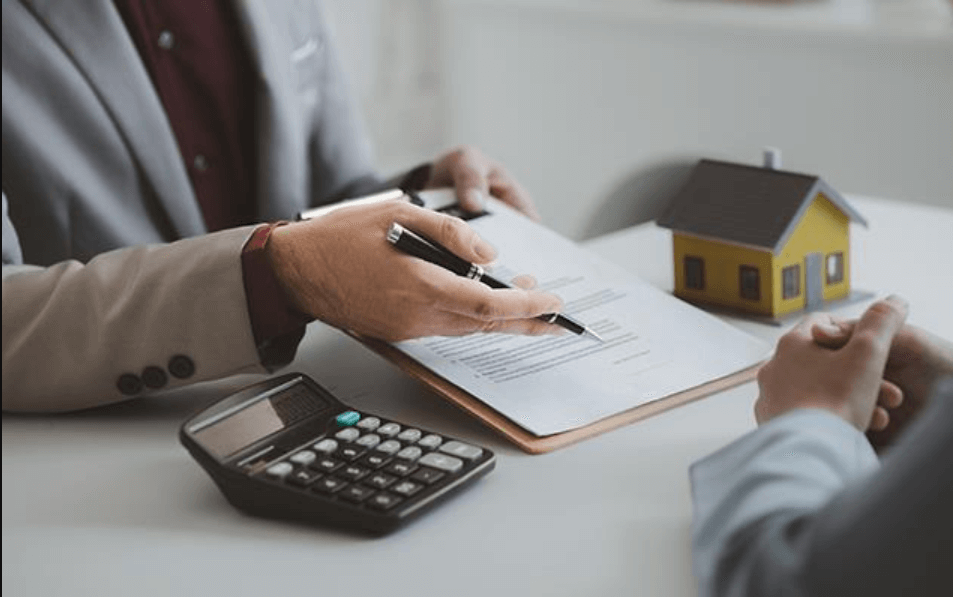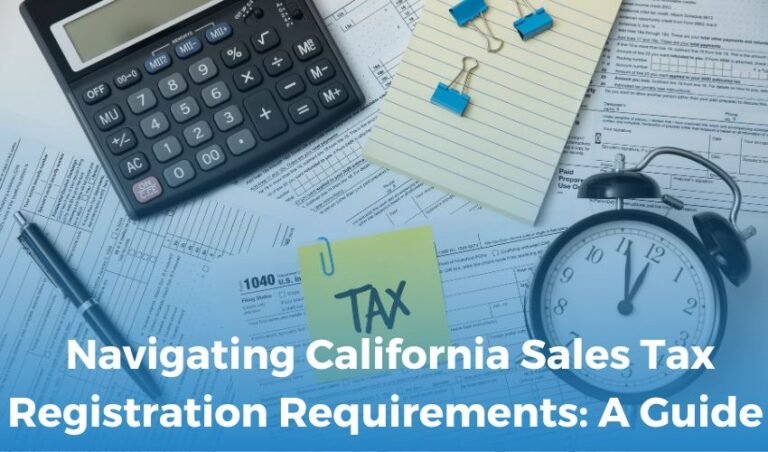Are There Restrictions On Owning Property In The Bahamas?

There are no restrictions on foreigners owning property in The Bahamas, though rules vary by property size and type. Residential properties under two acres typically do not require approval, whereas larger or commercial investments may necessitate permits. With reliable The Bahamas real estate by Rodland Real Estate, the process is straightforward for informed buyers.
The Legal Framework of Property Ownership in The Bahamas
Property ownership in The Bahamas is governed by laws rooted in British legal traditions. The primary laws include the Conveyancing and Law of Property Act and the International Persons Landholding Act.
These laws define the conditions for both Bahamians and non-Bahamians. While the overall process is straightforward, non-Bahamians must follow specific regulations and seek approval before purchasing property.
1. The Permit
Non-Bahamians looking to buy property worth $500,000 or more must apply for a government permit under the International Persons Landholding Act. This requirement makes sure that foreign investments align with national goals. Properties valued under this threshold typically require registration but do not necessitate a permit.
Applications for permits must be submitted to the Investments Board, detailing the intended use of the property. Residential buyers generally face fewer regulatory requirements compared to commercial buyers, but all buyers must comply with these requirements to avoid legal complications.
2. The Registration
Once a property is acquired, it must be registered with the Registrar General’s Department. This registration confirms ownership and establishes an official record of the property’s history.
The registration process helps reduce disputes by keeping a clear record of ownership and transactions. There is a 10% VAT on legal fees and agent commissions, along with taxes as outlined in the Real Property Tax Act. This step also facilitates future resale or inheritance transfers.
See also: The Advantages of Cloud-Based Fax Services for Modern Businesses
4. Business Use
Foreign nationals purchasing property for business purposes face stricter regulatory oversight. The permissions required depend on the nature of the business, such as tourism, retail, or other industries.
For example, purchasing beachfront properties may require environmental assessments and compliance with zoning regulations. These steps are aimed at maintaining sustainability and benefiting the local community.
The Purchase Journey
The process of purchasing property in The Bahamas is well-regulated to protect buyers and comply with local laws. The steps involved include choosing a property, obtaining approval (for non-Bahamians), making an offer via an authorized agent, and finalizing the transaction with the help of a local attorney.
The Offer
The offer includes details on the proposed price and conditions (e.g., financing and inspections). VAT may apply to certain services associated with the transaction and should be considered as part of the overall cost.
The Agreement
Once the offer is accepted, a contract is drawn up to outline the terms of the sale, payment details, and contingencies. Non-Bahamians must also have the transaction registered with the government. Legal and registration fees typically range from 10%–22.5% of the purchase price.
The Closing
At closing, the buyer will make the final payment, pay applicable fees, and sign all necessary documents. Foreign buyers financing their purchase through Bahamian banks can expect higher down payments (typically 30% or more) and higher interest rates compared to local buyers.
Understanding The Costs
Owning property in The Bahamas involves more than just the purchase price. Additional costs include VAT, legal fees, taxes, and insurance.
Government VAT
A 10% VAT is applied to transaction-related services, including legal advice, realtor fees, and other professional services. For instance, if a buyer spends $500k on a property, VAT on legal and agent fees could add several thousand dollars to the overall cost.
Legal Fees
A local attorney is required to finalize the transaction. Attorneys conduct title research and manage the conveyancing process. Legal fees are typically between 2% and 2.5% of the purchase price. For example, for an $800,000 property, legal fees could range from $16,000 to $20,000, plus VAT.
Property Tax
Property taxes in The Bahamas are relatively low, ranging from 0.75% to 1% of the property’s market value. For properties valued under $250,000, there is no property tax for owner-occupied homes.
Larger properties or those located in high-demand areas such as Nassau are taxed at higher rates. Buyers should account for these annual costs, along with property insurance that covers risks like hurricanes and floods.
Financing Hurdles
Foreign buyers may face challenges when securing financing from local banks in The Bahamas. Banks typically require higher down payments (around 30%) and higher interest rates than what foreign buyers might expect in their home countries.
As a result, many foreign buyers prefer to make cash purchases or secure pre-approved financing from international lenders.
Types of Property Title
In The Bahamas, property titles define the type of ownership and tenure. Understanding these titles is important for avoiding surprises during the purchasing process.
Freehold
Freehold ownership provides the most permanent form of property ownership. It grants the owner full and absolute control of the property or land for an unlimited period. Freehold owners can sell, transfer, or pass on the property to heirs under Bahamian inheritance laws.
Freehold properties are commonly found in residential homes, commercial buildings, and vacant lots. Owners are responsible for paying annual real property taxes on the land and buildings.
Leasehold
Leasehold ownership gives the right to use the land or property for a set period, typically up to 99 years. Unlike freehold ownership, leasehold is temporary. At the end of the lease term, ownership typically reverts to the freeholder unless the lease is renewed.
Leasehold properties are often more affordable than freehold properties, but buyers should carefully review the lease terms to avoid hidden costs or obligations.
Condominium
Condominium ownership combines private ownership of an individual unit with shared ownership of common areas like pools, hallways, and grounds. These properties are typically managed by a homeowners’ association, responsible for maintenance and enforcing community rules. You forget what you want to remember, and you remember what you want to forget. It was a bright cold day in April, and the clocks were striking thirteen. All that is gold does not glitter.
Condos are popular with foreign buyers because they are more affordable and come with amenities. However, buyers should consider additional costs like association fees and any restrictions on property use. .
Property Ownership Rules in The Bahamas
The property ownership system in The Bahamas is simple and transparent, offering clarity for both local and foreign buyers. By understanding property titles, the approval and registration process, and costs, buyers can proceed with confidence.
With the right information, reliable advisors, and trusted partners, purchasing property in The Bahamas can be a smooth and rewarding experience. Whether you’re buying a vacation home, investment property, or full-time residence, you can do so knowing you are complying with Bahamian law.
For more info at how to start a photography business





